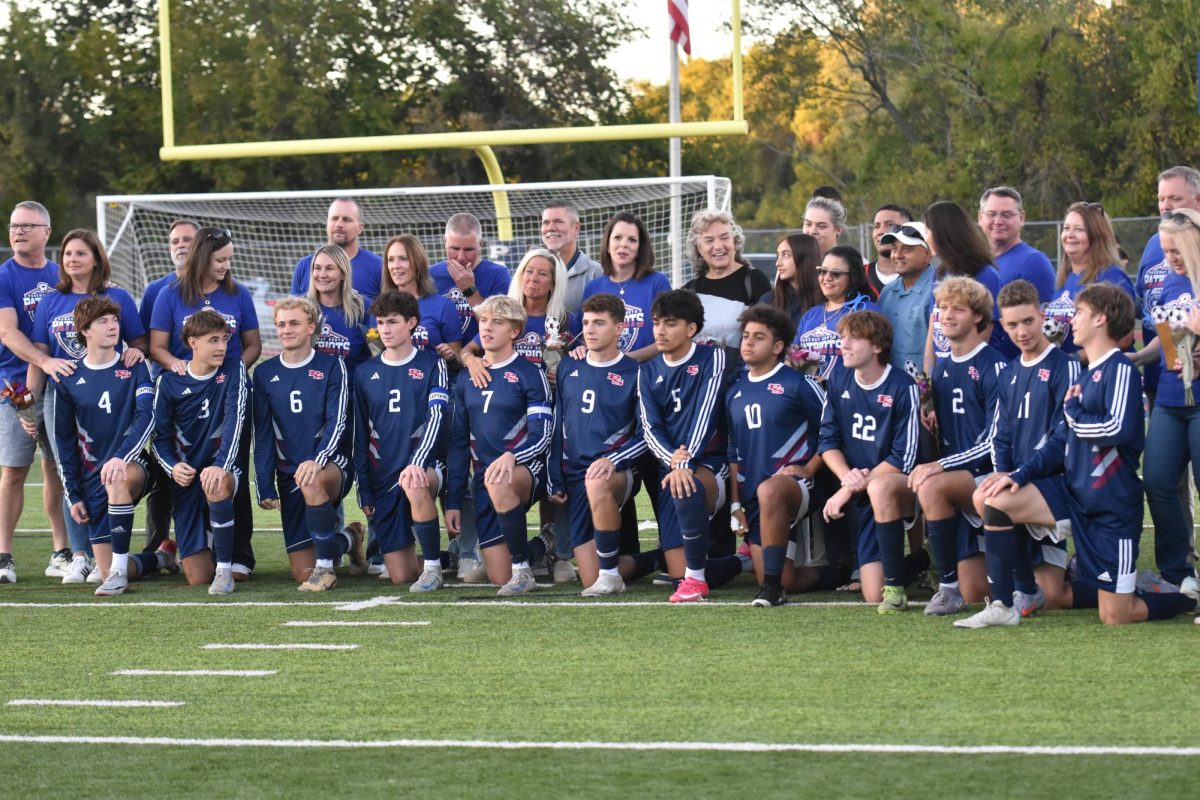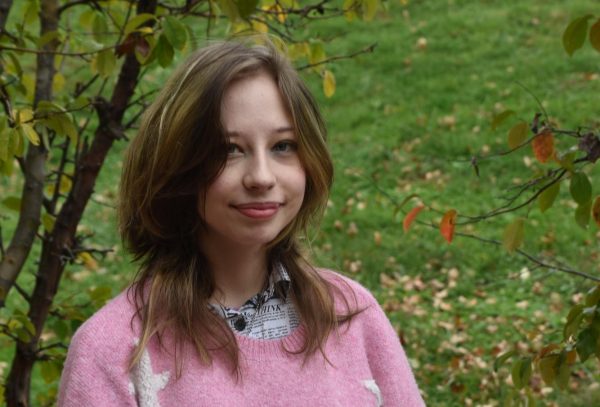When you think about journalists, who do you imagine? Do you think of a movie like Scream (1996) where the reporter Gale Weathers won’t stop pestering Sidney after her mother’s death, even going as far to write a book about it that gets the details wrong? Or do you think about journalists like Carl Bernstein and Bob Woodward who helped take Nixon down by uncovering the Watergate scandal in the ‘70s?
Either way, sometimes our favorite movies and TV shows misrepresent journalists. In reality, journalism gives people a chance for their stories to be told when it’s done right. It can expose injustice, bridge the gap between communities, or even bring a dog that has just broken the record for oldest dog to ever live to everyone’s attention.
Journalism can also take many forms. It isn’t just broadcast journalism with someone on TV relaying the latest stories to the public. It’s a field with something for everyone. For example, there’s sports journalism, which allows for a wide range of options. It could give a sports fan a chance to meet their favorite athletes, or get their play-by-play analysis of a game out into the world. A popular sports journalist is Ramona Shelburne, a writer for ESPN who grew up playing softball.
For the scholars, there’s scientific journalism which can include reporting on medical breakthroughs, climate change, or animal behaviors. These journalists look into research papers and interview scientists to get the information on the topics they need, and then share their findings in an easy-to-understand way. This type of journalism has the opportunity to make science more accessible. Natalie Angier, a Pulitzer prize winner and writer for the New York Times, usually writes about the animal kingdom. Through her work, she’s able to bring attention to environmental issues.
There’s also investigative journalism, which can be like what the Watergate journalists did, looking into suspicious activity. It’s about bringing issues to the public’s attention and involves just as much research as the other types of journalism. Investigative journalism is focused on bringing the complete truth to the table and can be very time-consuming. It’s usually the type seen in movies and TV shows portrayed from the lens of a character who’s snooping around where they shouldn’t be to expose corruption.
Of course, the career as a whole doesn’t boil down to just 4 large categories. It’s a much more complex field.
However, I believe that more people should seek out careers in journalism. It can help people who feel awkward in social situations come out of their shells, like it did for me. It can build connections, and it can inspire people by showing them people who are like them doing amazing things.
Throughout my four years of high school, I have spoken to many professional journalists– people who do this every single day. One experience that stuck with me was when Avery Martinez, an environmental journalist for KMOV TV came to speak to my Environmental Issues class. He said to us that outside of his career, he actually wasn’t much of a people person. He said he felt weird speaking in front of so many people about his career. But I could also tell when he spoke that he loved his career. He paced back and forth with so much energy, explaining some of the most important experiences he had in his time as a journalist. His voice got louder and it was filled with energy. He told us about how in high school, he never in his life thought he would end up working in that field.
That’s true for a lot of people. I used to want to be a veterinarian or a psychologist. I wanted to be a therapist because I wanted to help people who were struggling. I even considered a career in law enforcement, because I wanted to ease corruption of a broken system. Journalism is something that is even more accessible and can do both of those things. In order to get a degree, a journalist needs to work in the field, not study textbooks. That’s one of the unique things about it. The best way to study journalism is to do it, and publish stories, and write for school newspapers like the Treaty at South High, or the Maneater at Mizzou, or the Index at Truman State.
I remember hearing from Laurie Skrivan, a Pulitzer Prize-winning photojournalist for the Post Dispatch talk about her work as a keynote speaker for the 2022 National High School Journalism Convention (NHSJC) that took place in downtown St. Louis. That was when I realized that journalism isn’t just mindless reporting, it is about the individuals being reported on. It’s on daily life and politics and issues that need to be solved, and it can also be on families. She talked about how she followed an immigrant family around, it was hard for them to trust her at first. But eventually, they invited her in. She played with the kids. Once she showed that she cared, she was able to build trust and learn more about the people she was reporting on.
Another keynote speaker at that presentation, David Carson, told us about his work photographing protests. He talked to the protestors about their cause. He put himself in danger for the sake of getting all the angles of the story. Though not always necessary, journalists like that are a show of what it can mean to be a journalist. They hold an important place in society.
Though sometimes seen as a nuisance, without reporters people would have a hard time finding out about current events, especially in an ever-changing digitalized world. In history classes we look at newspaper clippings as primary sources. When there are wars, other people learn about it through the news. We’re able to connect our world through journalism, and because of that we need it more than society realizes.
I plan to go into environmental journalism. That is my dream career. I want to investigate environmental issues and bring them to the public eye. I took AP Environmental Science and learned about so many things in our world that need fixing, and one of the most striking discussions in that class was about awareness. How do we get people to take action and genuinely care?
Writing about it is the first step. There’s a youtube channel called VICE that does investigative journalism, and they often look into environmental issues. What I like about the documentaries they make is they focus on impact on people. To be able to see how it affects people, especially people who are similar to what we are used to, gets people to care.
My favorite part of journalism is connecting with people. Even though I consider myself to be introverted, when I’m interviewing people and learning about them I always show a genuine interest in what they have to say. When I do that, I unlock things no one ever knew. Being willing to listen to people gets them to speak up. That’s what I truly love about journalism.
Writing for the school newspaper has taken me to meet professionals in the field I want to go into already. It’s allowed me to make new friends. It’s given me a chance to learn how to be more open-minded by talking to many different people.
And now we find ourselves with a president who, yet again is in power and never misses a moment to criticize journalists. He’s famous for saying multiple times that the media is “the enemy of the American people.” If there are no true, honest journalists out there holding people in power accountable, what could happen to our democracy?
To anyone considering journalism as a career: try it. It allowed me to come out of my shell and find the things I’m truly passionate about. Maybe you won’t be the next Bob Woodward or Carl Bernstein, and you definitely won’t get rich, but you’ll definitely make an impact.


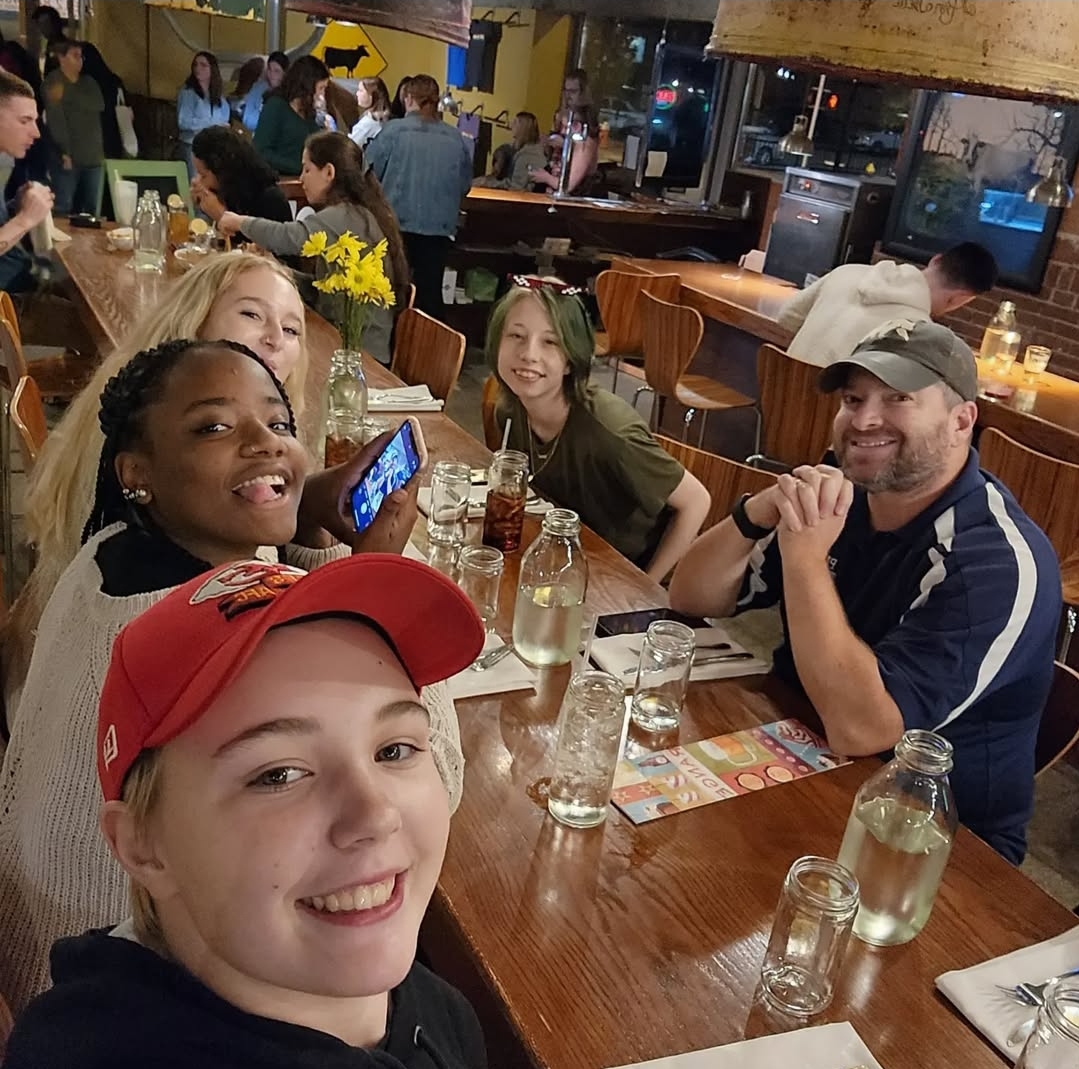
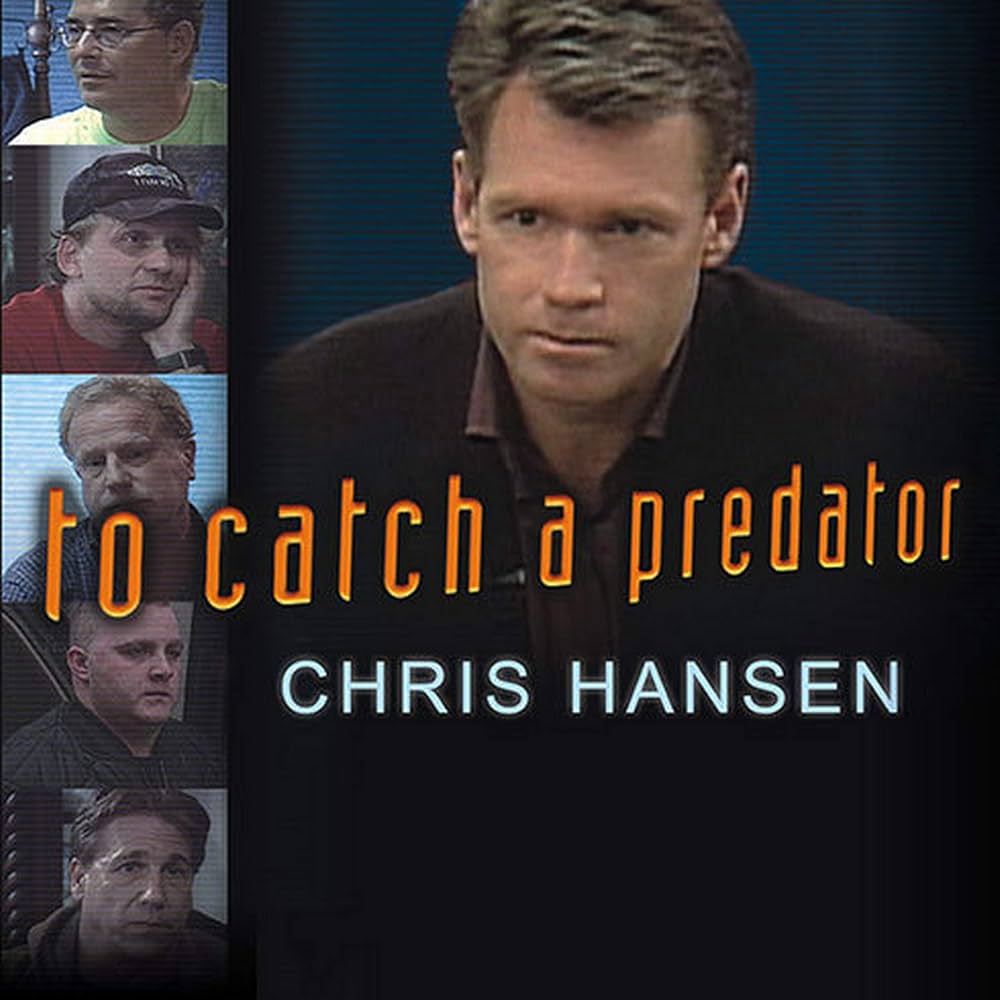
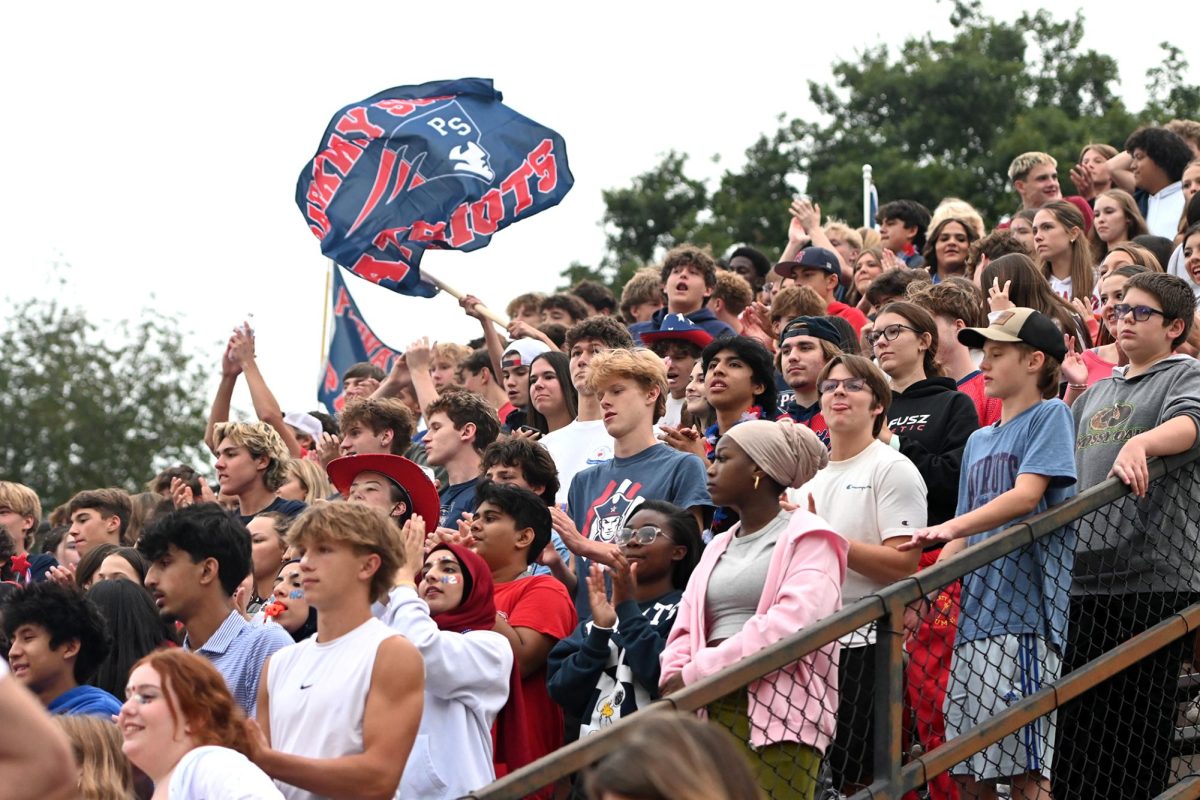
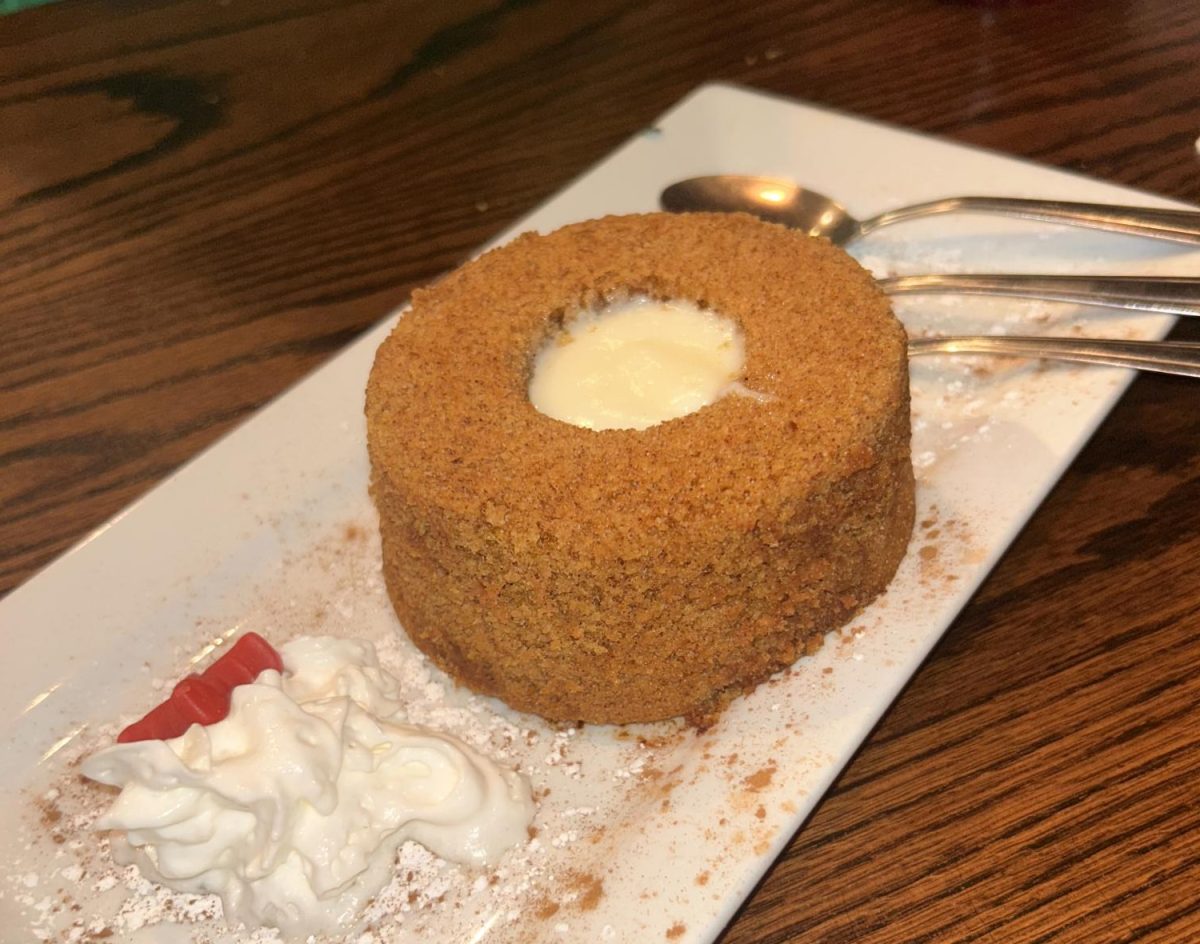

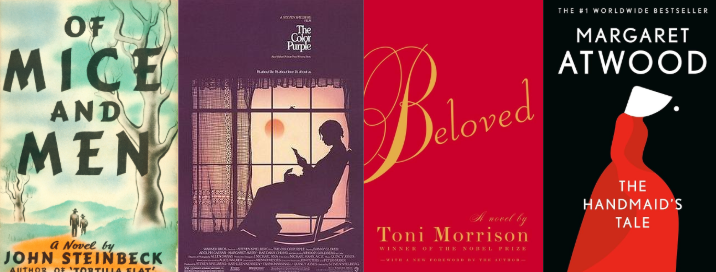

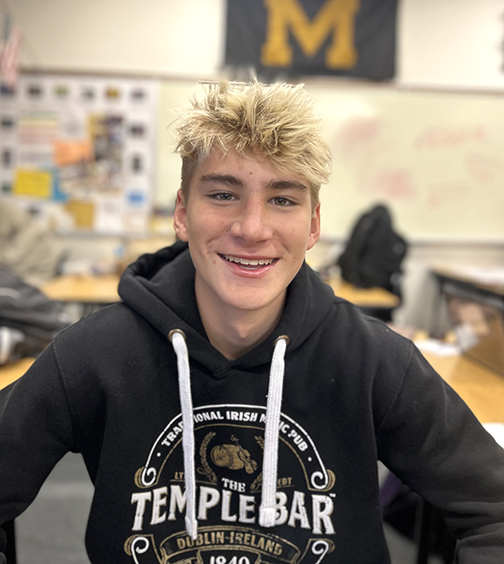
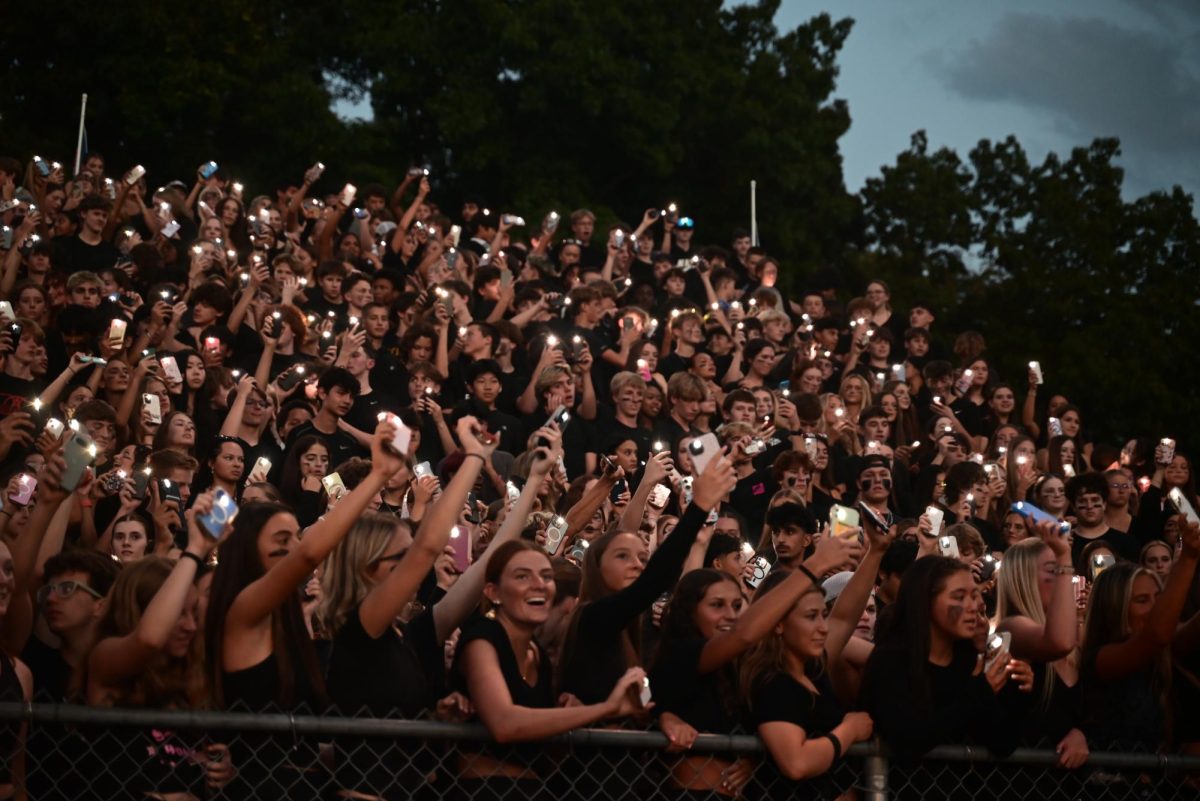
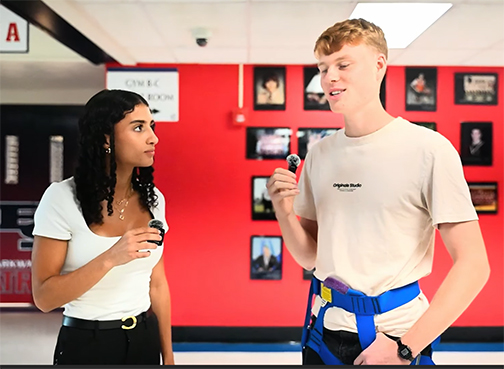

![With her mom and sister cheering her, senior Maiyah Syed gets recognized on Senior Night for Color Guard, Oct. 10. "It felt pretty good [to be recognized]. I thought it was nice to have all my accomplishments laid out [by the announcer.] [I'm really going to miss] the evening practices and the bonding with the team over everything," Syed said.](https://psouthtreaty.com/wp-content/uploads/2025/10/emilypiccropped-Gavin-Brady-935x1200.jpg)
